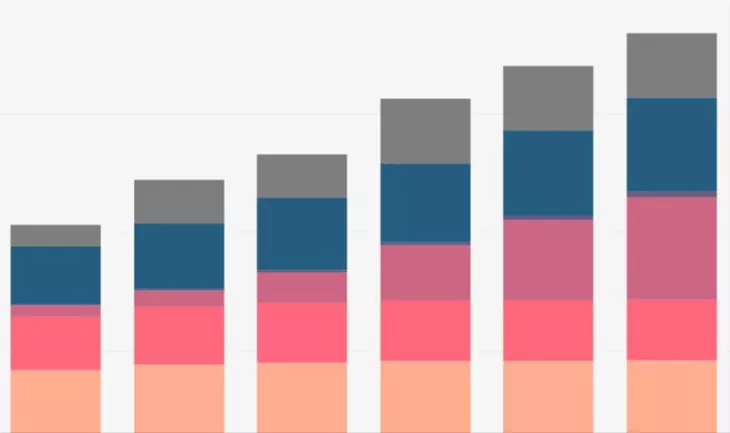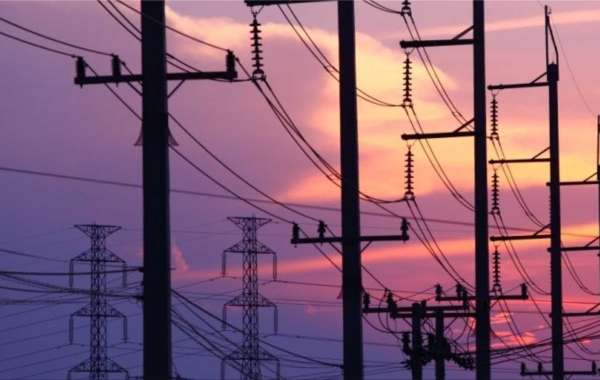According to research commissioned by the European Climate Foundation, the delay and barriers in the deployment of renewables could multiply the price of CO2 in the EU by 80%, with dire consequences for the wholesale market.
If Europe does not cut its dependence on coal for energy, the price of electricity will skyrocket between now and the end of the decade. This is detailed in a report by the consultancy Aurora Energy Research - commissioned by the European Climate Foundation - which estimates the cost of CO2 could rise by 80% in the next decade if the slow expansion of renewables continues, which would have direct consequences on the wholesale market price.
If coal continues to be an option in Europe and the penetration of renewables continues to be delayed, the price of electricity - due to the increase in the price of CO2 and the increase in generation through natural gas plants - will be 44 % higher in 2030 than it would be in a positive scenario where all States meet the goal of the European Commission's renewable energy quota for the energy transition. This is an average percentage taken from analyzes of countries such as Germany, Poland, Italy, Romania, Bulgaria, and Greece, although a similar trend applies to practically all EU countries.

Linus Beer, one of the researchers at the consultancy in Germany, reports that curbing clean energy could cause other consequences such as greater dependence on gas. "Most coal plants are going to leave the market, and if the current limitations on the construction of renewables are maintained, a vacuum will be created to satisfy energy demand. This vacuum will surely be filled with the generation of gas plants, which will mean that the market price of CO2 continues to increase and with it the wholesale price of electricity ", the expert explains to the Public, indicating how this would also lead to greater dependence on abroad.
In a positive scenario in which countries meet the goal of energy transition and apply a quota of over 47.7% of generation through wind and solar - as established by the Renewables Directive -, prices not only would see a positive evolution, but they would enter a climate of stability. "The EU's dependence on natural gas imports would be limited for the electricity sector. ... This reduces the market's exposure to future volatility and puts the Member States in a better position," the report analyzes.
The prices of coal or gas are decisive to understand the escalation of prices in the electricity sector. An energy price is determined at each hour of the day, set by the most expensive plant to produce. This means that coal or gas plants, usually with higher prices, have a determining weight for raising prices. But in addition, other factors come into play, such as the CO2 market, which affects the price of generating electricity from coal and natural gas plants.
In this sense, if the expansion of renewables is accelerated and is aligned with the objectives set by the EC to achieve the renewable energy goals of the Green New Deal, a price reduction in the wholesale market of up to 14% would be achieved in some countries like Germany compared to the average data for the first half of 2021. In Poland, a country strongly linked to coal, prices could fall by 26%.
Although nothing is confirmed yet, the European Union does not seem to be moving in the right direction. At the same time, it has announced that it is studying cataloging the gas within the green taxonomy in recent weeks. This tool serves to condition financial aid in the energy transition. However, beer, who points out that the investigation has not quantitatively addressed this decision, warns that this decision "does not make gas cheaper, it will continue to have the price determined by the market. In addition, the inclusion of gas plants in the taxonomy Green does not limit the current import dependencies of European countries, nor the risks associated with the volatility of natural gas prices as we see today. After all, natural gas is not a source of clean energy, so it can be contradictory to consider it within the green taxonomy ".
Aurora Energy Research was founded by University of Oxford researchers and economists who identified a need for a greater emphasis on quality analysis and has evolved to become Europe's largest specialized power analytics supplier. Aurora combines extensive policy expertise in the United Kingdom, the European Union, the United States, and Australia with an understanding of academic research in energy, the environment, and finance. @via EV stories.









